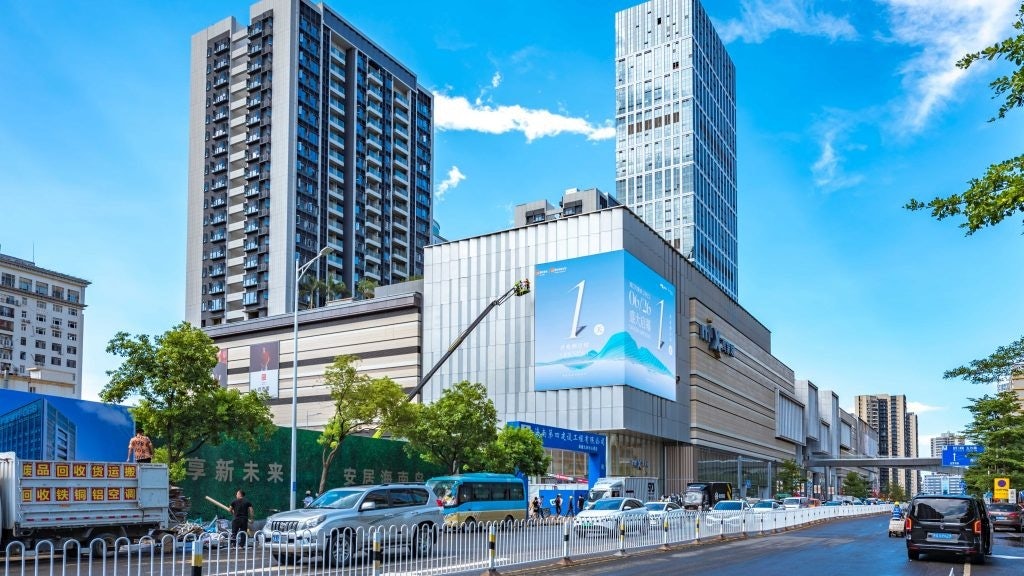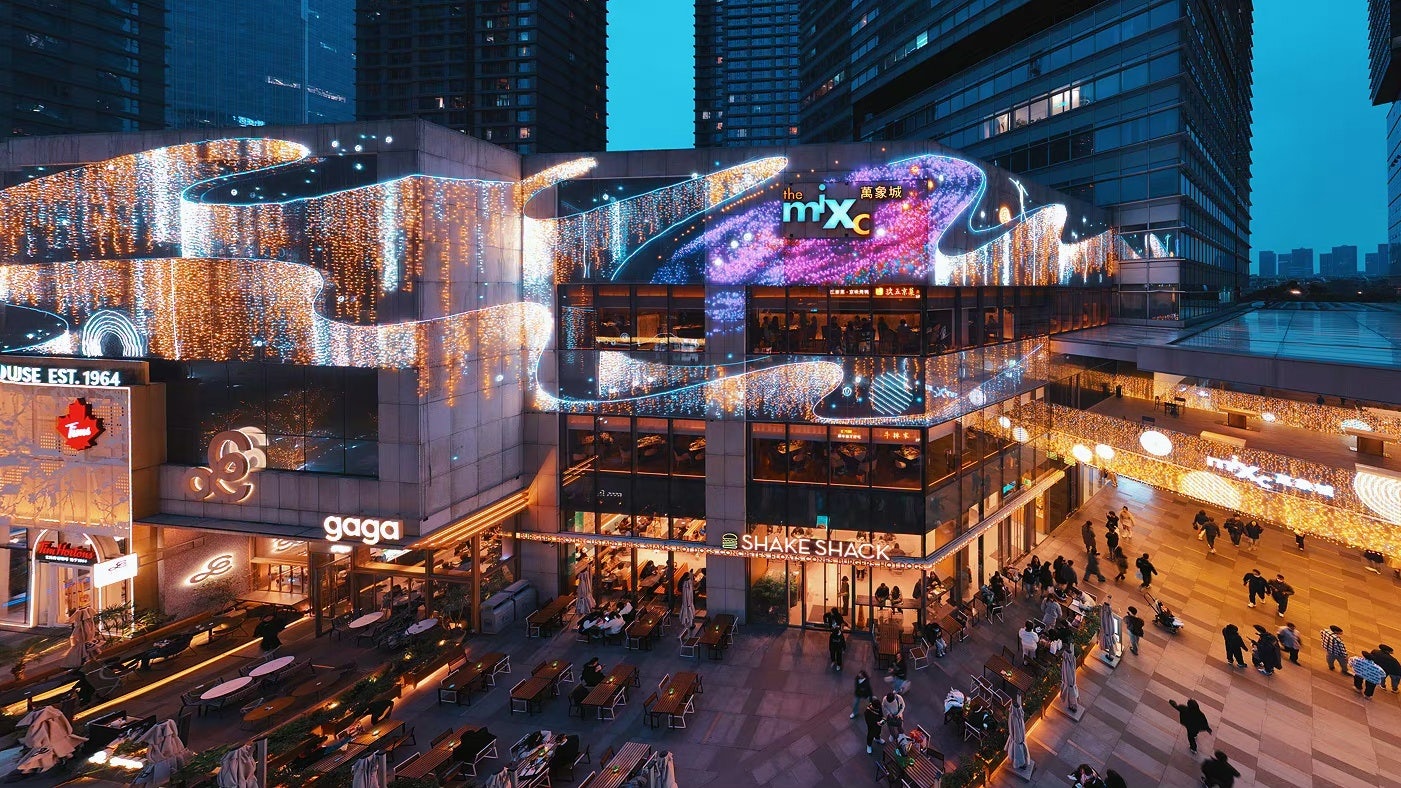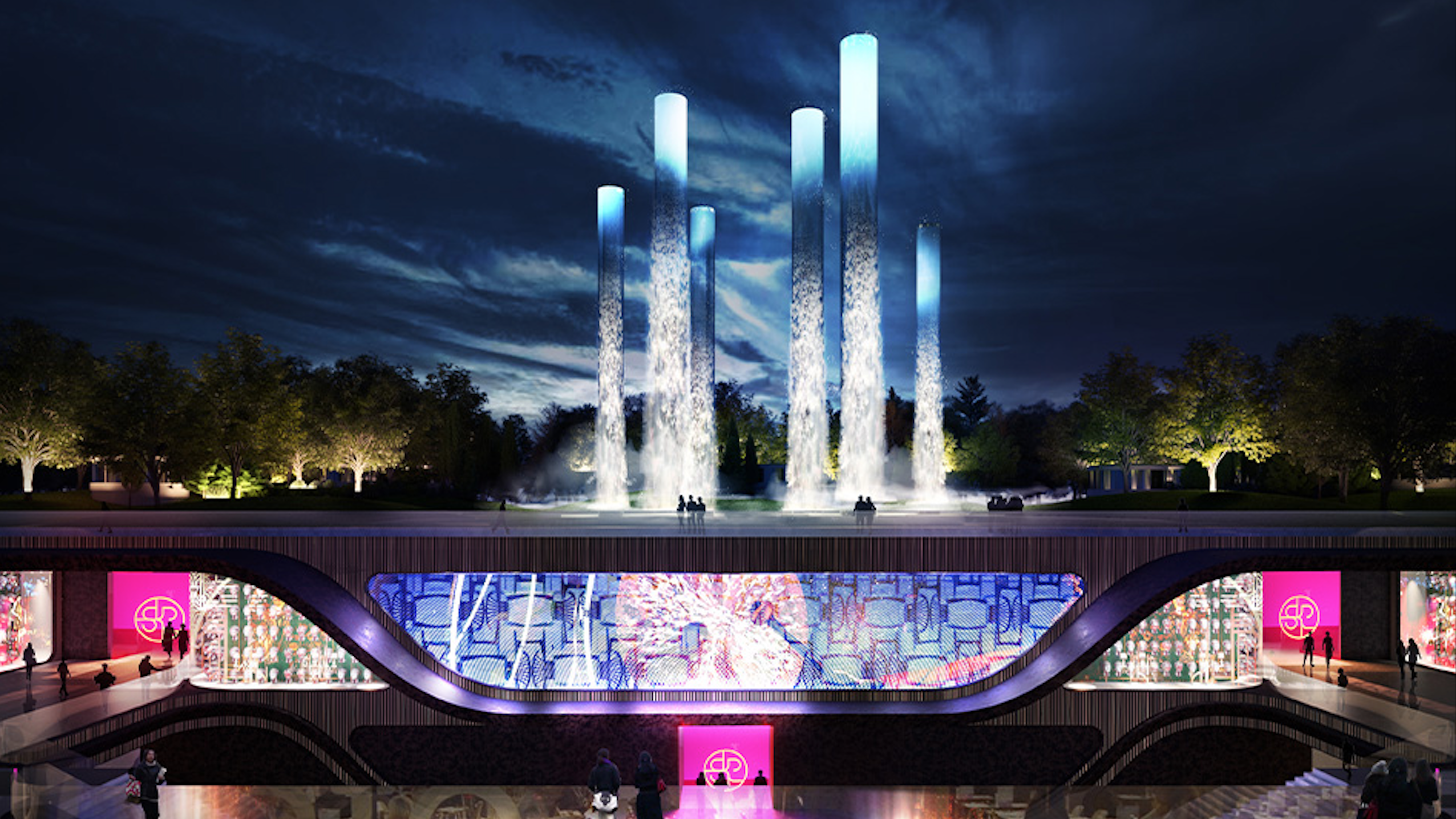What happened
On March 29, Chinese commercial real estate giant China Resources Land (CR Land) released its 2022 financial report. It generated revenue of 39.1 billion (206 billion RMB), a 2.4 percent year-on-year decline, ranking it fourth among Chinese developers. Despite the slowdown, CR Mixc Lifestyle Services Ltd, the Hong Kong-listed property management arm of CR Land, reported 610 million (4.21 billion RMB) in retail management revenue, an 18.2 percent annual increase. CR Land opened 16 new malls in China last year, taking the number of malls it owns in the country to 66. Its rental income increased by 4.2 percent year on year to 2.3 billion (15.8 billion RMB).
Notably, CR Land also announced it will open 10 new shopping complexes in Chinese cities including Hangzhou, Chongqing, Kunming, Wuxi, and Wenzhou this year. Over the next four years, the company plans to launch eight new upscale Mixc malls, which host luxury houses such as Louis Vuitton, Hermès, Cartier, and Gucci. By 2027, CR Land expects to have 111 malls in China.
The Jing Take
As a state-owned enterprise, CR Land’s ambitious retail expansion plan reflects China’s determination to boost domestic consumption. More importantly, the proposed locations of CR Land’s new malls suggest that China’s lower-tier cities will only play a more important role in luxury retail going forward. The majority of CR Land’s 10 planned complexes will be located in new first-tier or second-tier cities.
Indeed, CR Land has been eyeing China’s emerging luxury market for some time. For instance, in June 2022, Haikou, the capital of Hainan Province and a third-tier city, welcomed its first Mixc mall. Louis Vuitton will reportedly set up in the Haikou complex soon. In December 2022, CR Land opened a Mixc mall in Fuzhou, a second-tier city in Fujian province.

To be sure, CR Land is not alone in capturing retail market share in China’s lower-tier cities. Luxury mall brand SKP, which unveiled a large mall in Chengdu at the beginning of 2023, is set to launch its Wuhan mall by the middle of this year, and is planning to enter Hefei, Kunming, and Hohhot, a third-tier city in Inner Mongolia. Hong Kong-based Hang Lung Properties is currently developing retail projects in lower-tier cities such as Wuhan, Kunming, Wuxi, and Shenyang as well. Also, K11, which already operates malls in Wuhan and Shenyang, plans to enter Wuxi before the end of this year.
However, even though the race to reach lower-tier cities is intensifying, CR Land is in a good financial position to compete. Its 4.1 billion (28.1 billion RMB) profit attributable to shareholders in 2022 meant it was the most profitable real estate company in China that year. By comparison, Hang Lung Properties generated a profit of 540 million (HK4.2 billion) in Financial Year 2022. With reputable malls like Mixc committed to exploring China’s emerging high-end retail markets, luxury brands have ample reasons to remain bullish on China’s expanding personal luxury market.
The Jing Take reports on a piece of the leading news and presents our editorial team’s analysis of the key implications for the luxury industry. In the recurring column, we analyze everything from product drops and mergers to heated debate sprouting on Chinese social media.

